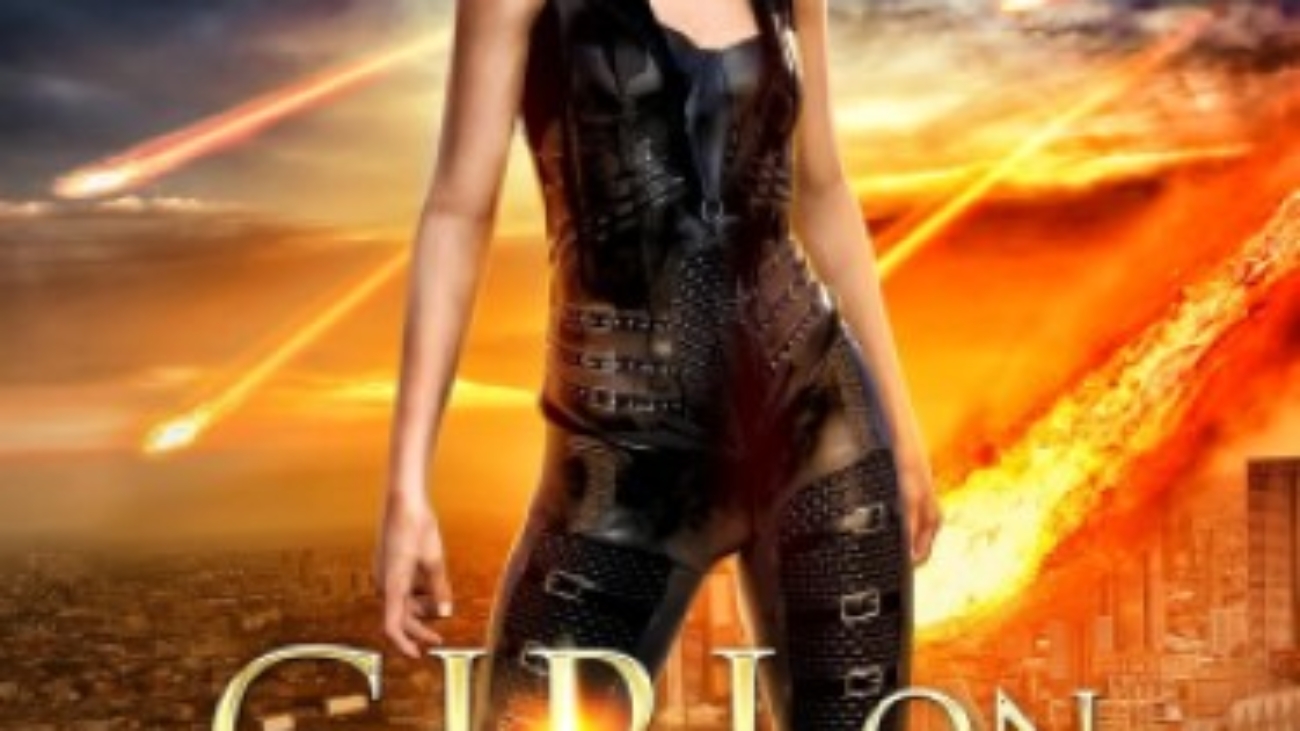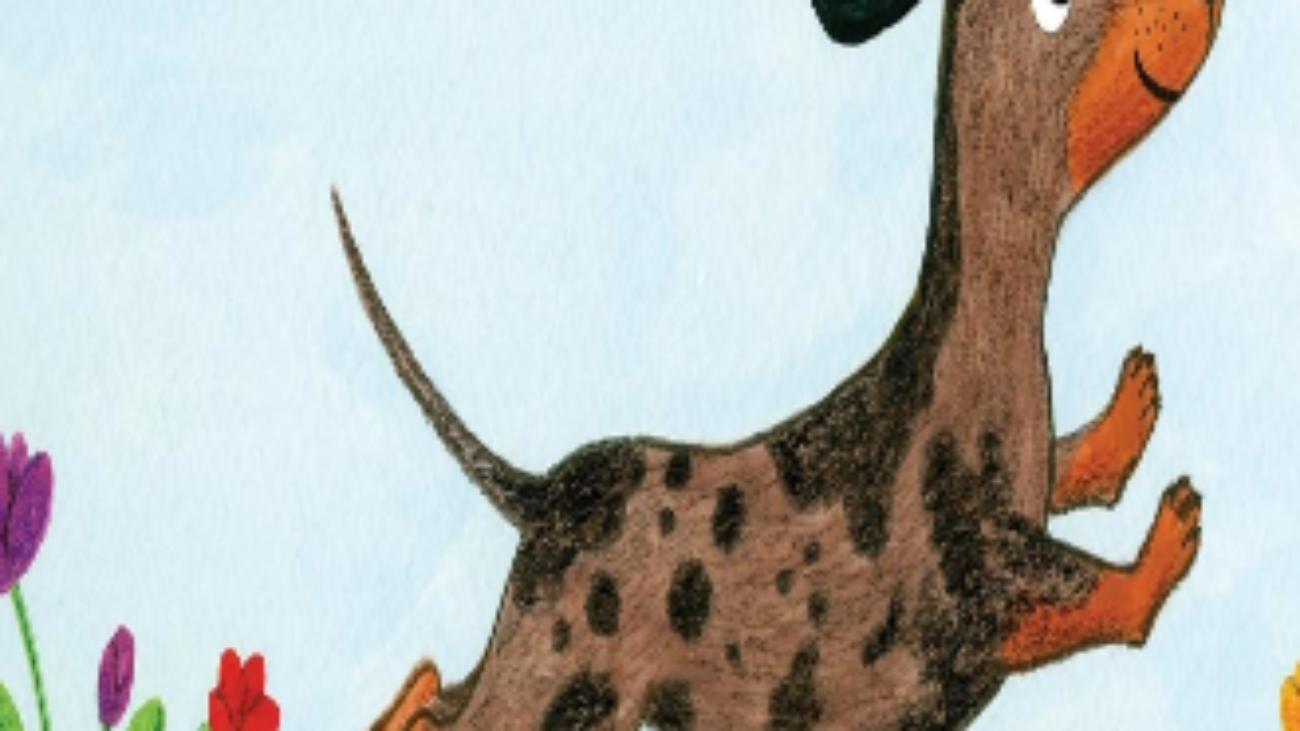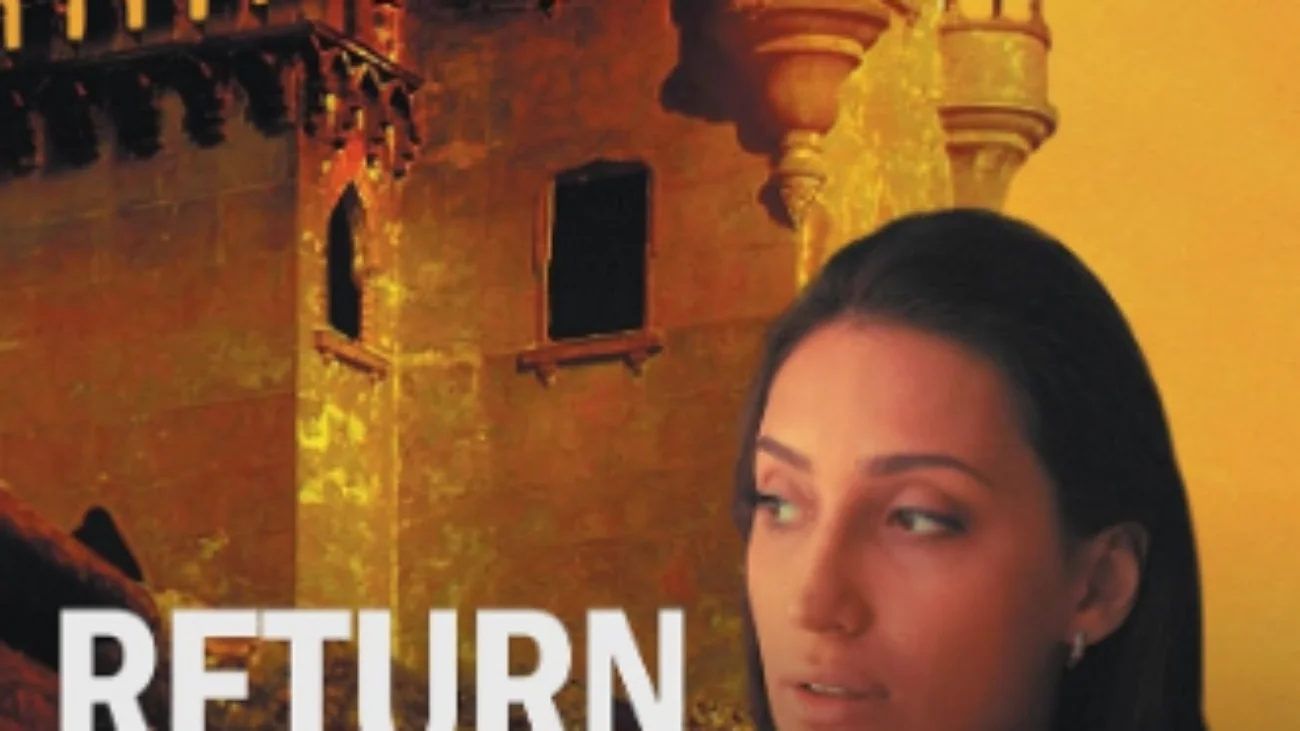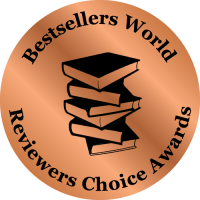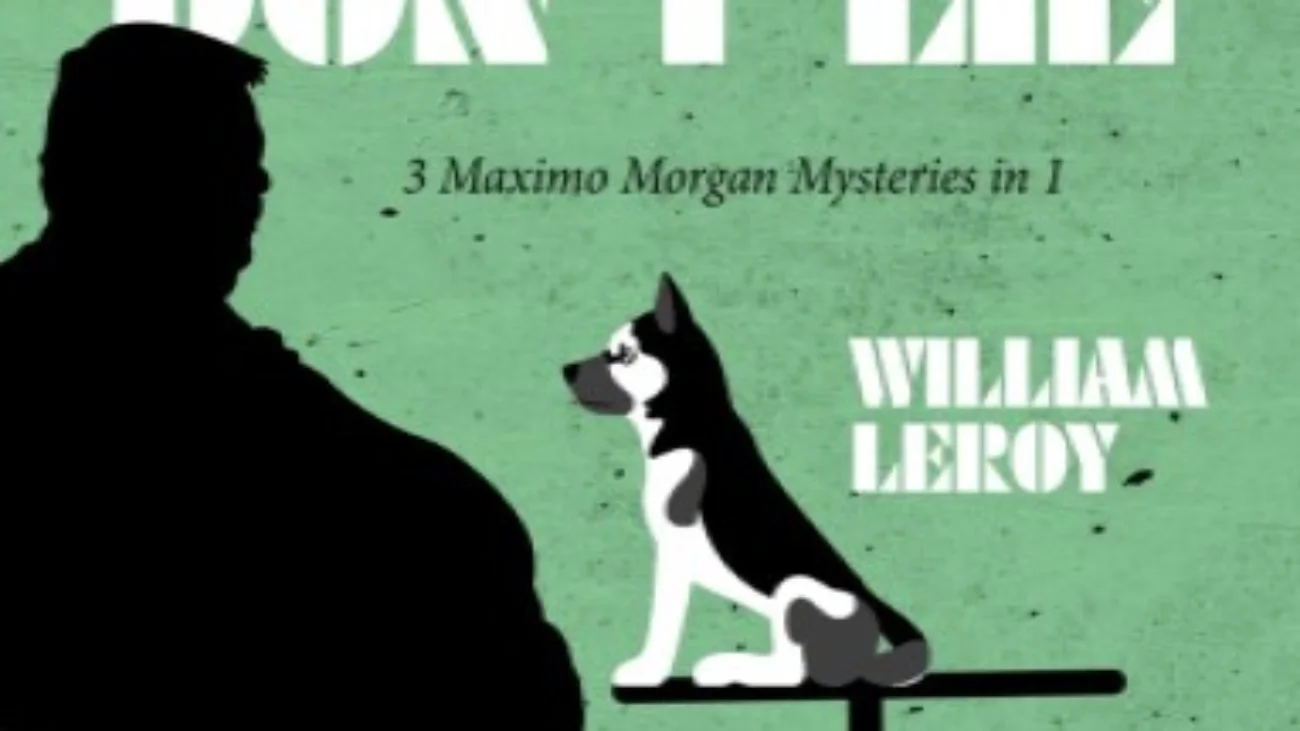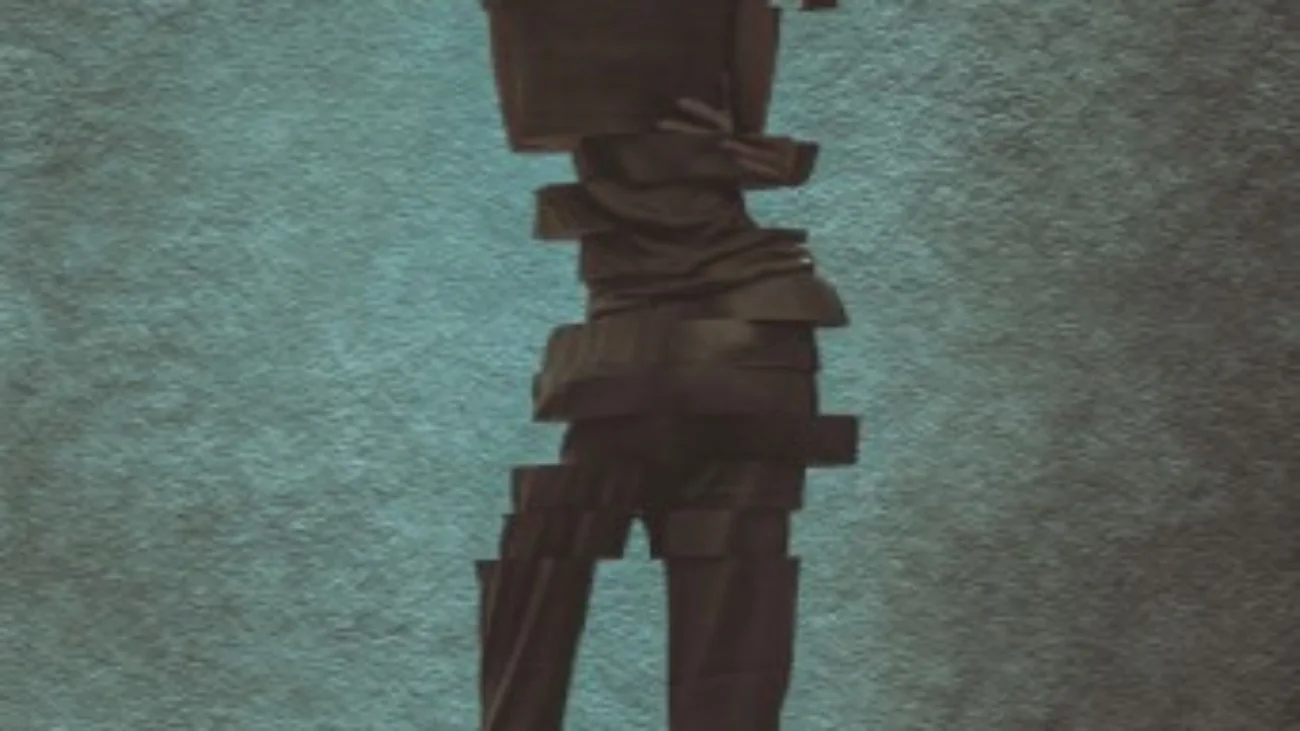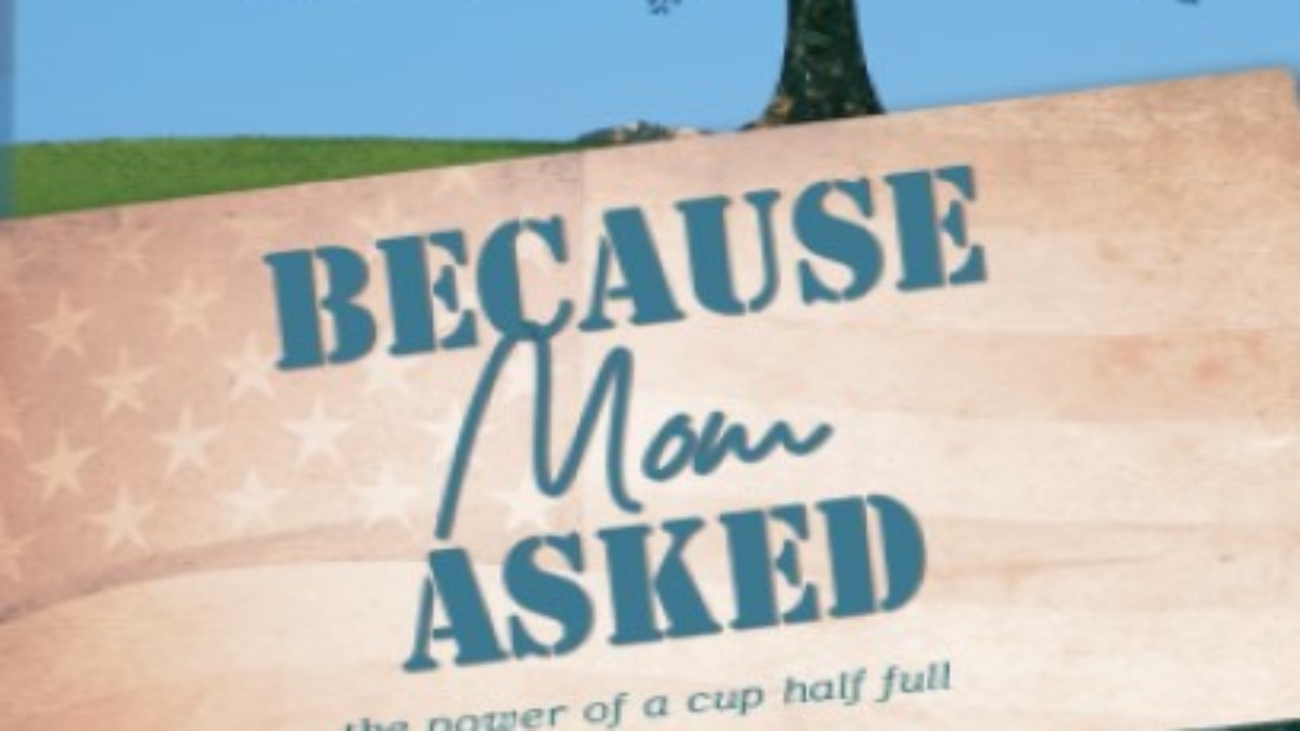Reviewed by Lily Andrews
The first book in Eden Hart’s dystopian adventure epic, “Girl on Fire,” centers on a young girl who battles a fatal disease and whose world almost falls apart when a deadly fever begins claiming thousands of lives, including people who matter to her. Purchase Here.
According to Kassia’s most recent diagnosis, her myeloid leukemia, which was in the most aggressive stage, was becoming worse. As her family ruminated on her sickness on Thanksgiving night, they were stunned by the most spectacular display of red dots that glittered everywhere. As everyone looked up into the sky in shock and bewilderment, the air felt thinner, and there was a foul odor around them, despite her father’s assurance that they were most likely fireworks. Their greatest fears were, however, confirmed when dead pigeons started falling over their roof and onto the street below.
The death toll was in the tens of thousands and rising, and no one was safe. While humanity was on the brink of annihilation, a few individuals, like Kassia, were surprisingly immune to the illness. So was Lynxx, an Outlander who had, for sixteen years, blended in among humans without anybody noticing that he was a hybrid. Two months ago, he was assigned by his guardian to monitor the effects of the First Wave on the people of New York and document the rate at which they died of the outbreak. A lot of people were drawn to his physique, including Kassia, whom he shortly after fell in love with. But when he realized she had cancer and that, despite the outbreak, she had not died within the projected time frame, he was astonished and decided to use her as a test subject.
This story skillfully takes a fresh approach to the idea of “survival of the fittest.” It draws readers into the life of a protagonist who, in addition to a life-threatening disease, is also trying to cope with her mother’s rejection. As death stares at her, she is faced with tough decisions and bewilderment, throwing her hope of ever being loved or surviving away. The author also presents a character who questions human resiliency and is taken aback by their strength, joy, optimism, and love even at the most difficult times. This contradicts his long-held conviction in human inadequacy, sending him along a bizarre path that quickly earns him the term “traitor.”
This book’s startling turns and steadily increasing intensity kept me on the edge of my seat from the very beginning. Its sequence of horrific events that progressively lead to a deep comprehension of the nature of love and the things that can awaken any soul is captivating. With their interesting banter, curiosity, and wit, the well-developed characters complement one another, making the story a progressive one. With its slow-burning romance and heart-pounding action, “Girl on Fire” by Eden Hart is among the finest dystopian adventure epics that create immersive worlds that stir the imagination and enthrall the reader. Highly recommended for all young enthusiasts of post-apocalyptic books.
